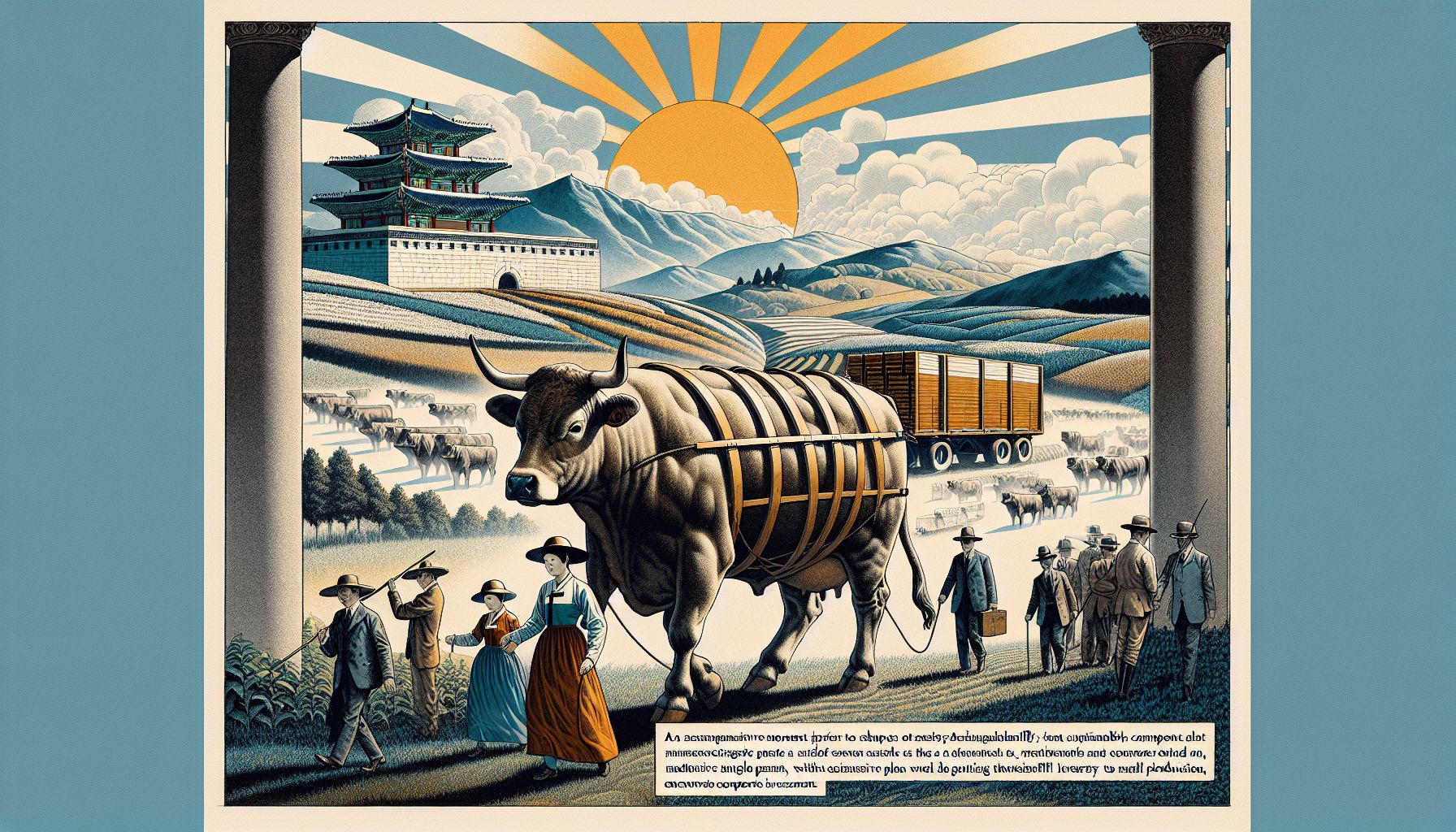South Korea's Hanwoo Act Passes, Shaping Sustainable Beef Industry by 2025

Seoul, Wednesday, 9 July 2025.
South Korea’s National Assembly passed the Hanwoo Act, emphasizing sustainability and carbon neutrality, marking a major shift in the beef industry. The Act overcame previous vetoes, setting a comprehensive plan to enhance production and encourage corporate investment.
Legislative Journey and Provisions
The Hanwoo Act, initially introduced in 2014, faced numerous hurdles before finally being passed by South Korea’s 22nd National Assembly on July 3, 2025. Initially vetoed by President Yoon Seok-Yeol, the Act became a legislative priority owing to its focus on sustainability and carbon neutrality in the hanwoo industry. Key provisions of the Act include the establishment of a Hanwoo Industry Development Council, which will oversee policies related to Hanwoo supply and demand. Furthermore, the Ministry of Agriculture, Food and Rural Affairs is tasked with establishing a comprehensive development plan every five years to manage herd sizes and ensure environmental balance [1][2][3].
Economic and Environmental Implications
Central to the Hanwoo Act is its commitment to transforming the beef industry through economic incentives aimed at sustainability. The Act outlines incentives for slaughter and shipment, stabilizing calf production, and offering management improvement funds, contingent upon the hanwoo price falling below a set standard. These measures aim to encourage corporate investment in hanwoo production while maintaining environmental integrity. The Economic Development Council within the Act has estimated that annual grants may reach approximately 120 to 150 billion won [4][5].
Industry Reactions and Challenges
The passage of the Hanwoo Act was met with enthusiasm by the Korea Hanwoo Association, representing 80 thousand Hanwoo farmers across the nation. This development is viewed as a historic turning point for the industry, ensuring price stability and providing a secured future for successors in hanwoo farming. Despite these positive strides, the Act also faces criticism from other livestock sectors such as pork and poultry, who express concerns about similar legislative attention and support [6][7].
Future Directions and Implementation
Looking ahead, the implementation of the Hanwoo Act will require detailed decrees and guidelines to be established by the Ministry of Agriculture. These regulatory frameworks will need to incorporate incentives for carbon emission reduction, such as the implementation of a hanwoo gene protection and management system. Additionally, clarity on limiting corporate involvement in hanwoo production is essential to prevent market monopolization [8][9][10]. The success of this act will largely depend on its practical application, ensuring it translates beyond legislative text into sustainable and beneficial practices on the ground.
Bronnen
- www.agrinet.co.kr
- www.hani.co.kr
- www.aflnews.co.kr
- www.korea.kr
- www.ikpnews.net
- www.kenews.co.kr
- www.nongmin.com
- www.nongmin.com
- www.nongmin.com
- www.korea.kr